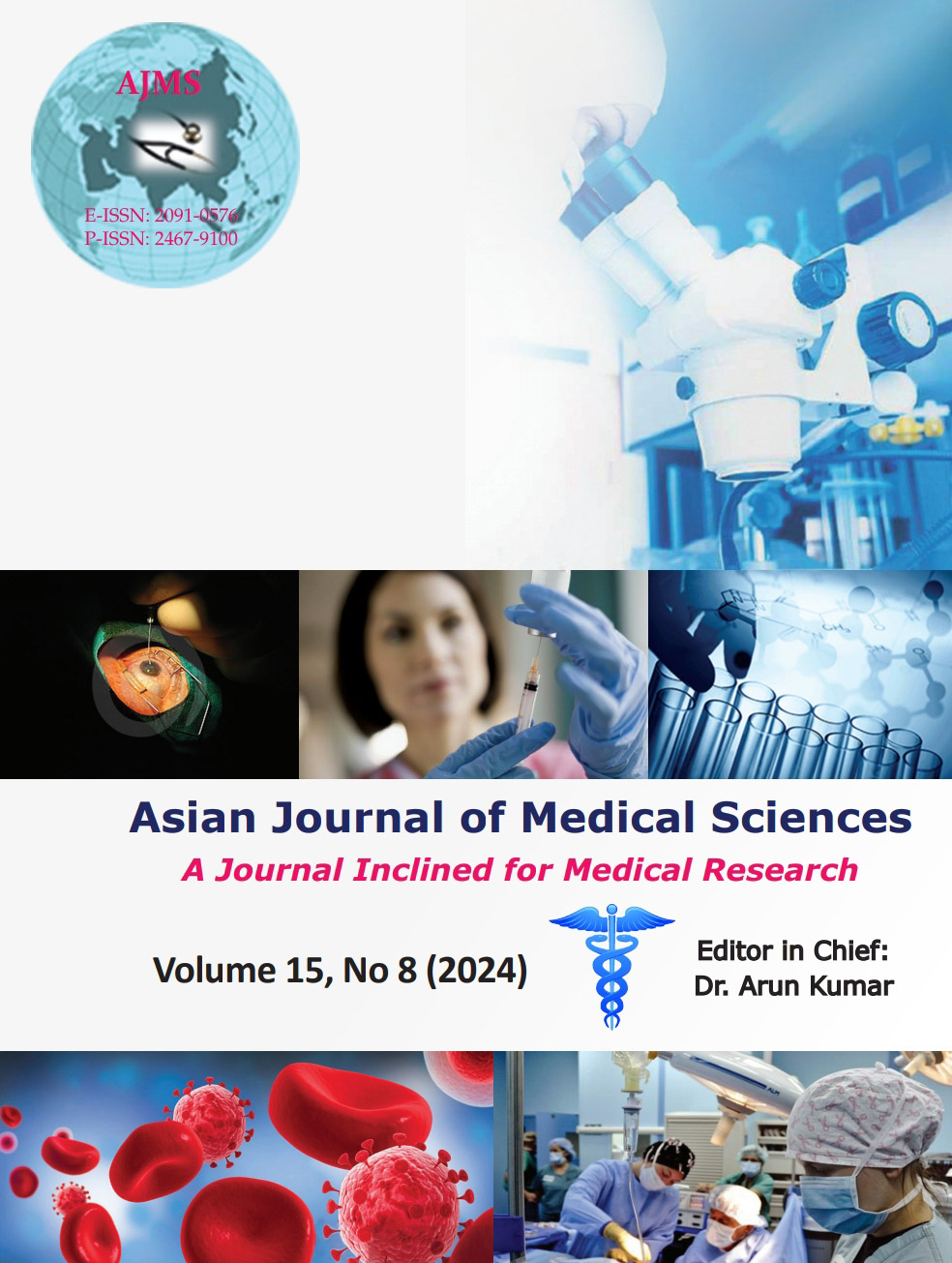How maternal caring affects longevity
Keywords:
Maternal care, longevity, mammals, reproductive successAbstract
When it comes to longevity, everyone wants to live for eternity. Longevity research has often led scientists to dark alleys with several candidate molecules responsible for aging. Pioneering genetic studies on model organisms like Caenorhabditis elegans and Drosophila melanogaster discovered the most well-conserved longevity pathways, mainly caloric restriction and the insulin/insulin-like growth factor 1signaling pathways. Apart from these complex molecular circuitries that drive longevity, a recent study published by Zipple et al. (Proceedings of the National Academy of Sciences, 2024) showed that the relationship between mother and grandmother with the child may determine why some animals and humans live longer than expected for their size. Animals that spend more time with their mothers during early life end up living longer but with reduced capacity to produce offspring.
This exciting piece of research has far more consequences than just these findings. It implies the importance of the mother in one’s life and the role of parental care in providing longevity and reproductive success.
Downloads
Downloads
Published
Versions
- 2024-08-06 (3)
- 2024-08-03 (2)
- 2024-08-03 (1)
How to Cite
Issue
Section
License
Copyright (c) 2024 Asian Journal of Medical Sciences

This work is licensed under a Creative Commons Attribution-NonCommercial 4.0 International License.
Authors who publish with this journal agree to the following terms:
- The journal holds copyright and publishes the work under a Creative Commons CC-BY-NC license that permits use, distribution and reprduction in any medium, provided the original work is properly cited and is not used for commercial purposes. The journal should be recognised as the original publisher of this work.
- Authors are able to enter into separate, additional contractual arrangements for the non-exclusive distribution of the journal's published version of the work (e.g., post it to an institutional repository or publish it in a book), with an acknowledgement of its initial publication in this journal.
- Authors are permitted and encouraged to post their work online (e.g., in institutional repositories or on their website) prior to and during the submission process, as it can lead to productive exchanges, as well as earlier and greater citation of published work (See The Effect of Open Access).




